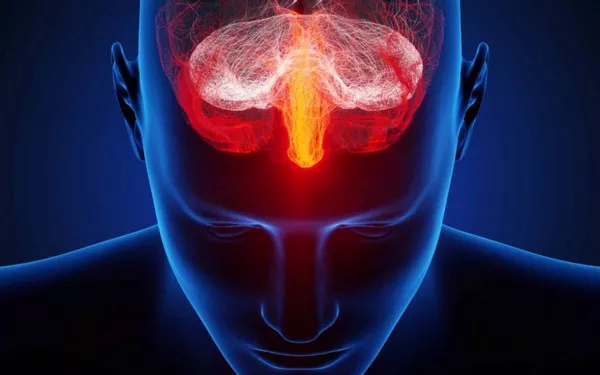Seasonal Affective Disorder (SAD), often referred to as “winter depression,” is a form of depression that occurs seasonally, typically in the fall and winter months. While various factors contribute to SAD, including reduced exposure to sunlight, scientists have been investigating whether nutritional deficiencies play a role in this condition. In this comprehensive article, we will delve into Seasonal Affective Disorder and explore potential nutritional deficiencies that may contribute to its onset.
An Overview of Seasonal Affective Disorder
SAD is a type of depression that follows a seasonal pattern, most commonly in the late fall and winter when days are shorter, and natural light is limited. The symptoms of SAD are similar to those of major depression and may include:
Persistent sadness or low mood.
Lack of energy and motivation.
Changes in appetite, often with a craving for carbohydrates.
Difficulty concentrating and making decisions.
Oversleeping and difficulty waking up in the morning.
Social withdrawal.
Although the exact cause of SAD is not fully understood, researchers believe it results from a combination of genetic, biological, and environmental factors. One such environmental factor that has piqued the interest of scientists is the potential role of nutritional deficiencies.
Nutritional Deficiencies and Seasonal Affective Disorder
Several key nutrients have been linked to mental health and mood regulation. Nutritional deficiencies in these areas might influence the onset or exacerbation of SAD. Here are some essential nutrients to consider:
1. Vitamin D
Vitamin D, often referred to as the “sunshine vitamin,” is synthesized in the skin when it is exposed to sunlight. During the darker winter months, people may experience reduced sun exposure, which can lead to lower levels of vitamin D. Research suggests that low vitamin D levels are associated with a higher risk of depression, including SAD.
Studies have found that supplementation with vitamin D can help alleviate symptoms of SAD, particularly when administered in the late fall or early winter. However, further research is needed to fully understand the relationship between vitamin D deficiency and SAD.
2. Omega-3 Fatty Acids
Omega-3 fatty acids, found in fatty fish like salmon, mackerel, and walnuts, are crucial for brain health and mood regulation. Research has shown that people with lower dietary intake of omega-3 fatty acids are more likely to experience symptoms of depression. Omega-3 fatty acids play a role in reducing inflammation in the brain, which is associated with mood disorders.
While a direct link between omega-3 deficiencies and SAD hasn’t been firmly established, some studies suggest that increasing omega-3 intake might have a positive impact on mood during the winter months.
3. Vitamin B12
Vitamin B12 is essential for neurological function and the production of neurotransmitters that influence mood. A deficiency in vitamin B12 can lead to fatigue, memory problems, and mood disturbances, which are symptoms also seen in SAD.
It’s important to note that vitamin B12 deficiencies are more common in older adults and vegetarians or vegans who may not get an adequate amount from their diet. If someone with SAD is found to be deficient in vitamin B12, supplementation or dietary changes may help improve their symptoms.
Addressing Nutritional Deficiencies in SAD
If you suspect that nutritional deficiencies may be contributing to your SAD or a loved one’s SAD, consider the following steps:
Consult a Healthcare Professional: It’s essential to consult a healthcare provider who can perform blood tests to assess your nutritional status accurately. They can determine whether you have deficiencies in vitamin D, omega-3 fatty acids, or vitamin B12.
Dietary Changes: If nutritional deficiencies are identified, a healthcare provider can recommend dietary changes or supplements to address them. For example, increasing your intake of fatty fish and vitamin D-rich foods can help.
Light Therapy: In addition to addressing nutritional deficiencies, light therapy is a common and effective treatment for SAD. Lightboxes that mimic natural sunlight can help alleviate symptoms.
Lifestyle Adjustments: Engaging in regular physical activity, practicing stress management techniques, and maintaining a consistent sleep schedule can also contribute to symptom relief.
Medication: In severe cases of SAD, healthcare providers may recommend antidepressant medications to manage symptoms.
Conclusion
While the precise role of nutritional deficiencies in Seasonal Affective Disorder is still under investigation, there is growing evidence that certain nutrients play a role in mood regulation and overall mental health. If you or someone you know is struggling with SAD, it’s crucial to consult a healthcare provider for a comprehensive assessment. Addressing nutritional deficiencies, if present, can be one piece of the puzzle in managing and alleviating the symptoms of SAD. As research continues, a deeper understanding of the relationship between nutrition and mental health may provide additional avenues for treatment and support for individuals affected by SAD.

